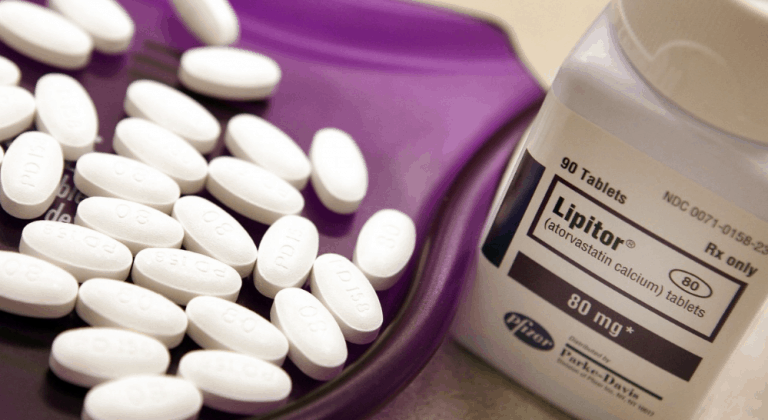Prostate cancer survival does not improve when men use finasteride (Proscar), according to a new study. However, finasteride is still associated with a reduced risk of prostate cancer.
What is finasteride?
Finasteride is one of the commonly prescribed drugs for BPH (benign prostatic hyperplasia, or an enlarged prostate). Proscar is a 5-alpha-reductase inhibitor, which means it helps inhibit the conversion of testosterone to dihydrotestosterone (DHT). An elevated level of DHT is one of the known causes and risk factors for BPH.
Previous research has shown that finasteride has an effect on prostate cancer risk as well. The study, called the Prostate Cancer Prevention Trial (PCPT), involved 18,000 men and lasted seven years. The investigators discovered that 18.4% of the men who took finasteride developed prostate cancer during the study period. Nearly one-quarter of men who took placebo got prostate cancer during the same time frame.
Although the PCPT did not examine prostate cancer survival, the results did reveal something interesting about cancer severity. The authors noted that the rate of high-grade cancers was 6.5% among men who took finasteride compared with 5.1% among those who took placebo.
Prostate cancer survival and finasteride
Now a new analysis of the study data concerning prostate cancer survival indicates that use of finasteride does not have a positive impact on a man’s prognosis. According to the study’s lead author and biostatistician Phyllis Goodman at the Fred Hutchinson Cancer Research Center, “There is no evidence that finasteride is worse than placebo in terms of overall survival.”
One limitation of the study is that the investigators looked at overall deaths rather than deaths related to prostate cancer alone. Therefore, the exact impact of finasteride on prostate cancer survival is still unclear.
The bottom line at this point appears to be that while finasteride is still believed to help reduce the risk of prostate cancer, men who develop the disease do not get a prostate cancer survival benefit from taking the drug. The authors concluded that “finasteride administration for seven years does not appear to affect mortality but significantly reduces the risk of a prostate cancer diagnosis.” It also should be noted that the study findings are considered preliminary until they are published in a peer-reviewed journal.
Prostate cancer survival study
Here is a brief rundown of the prostate cancer survival study. Investigators evaluated data from 18,000 men who had taken finasteride or a placebo for seven years. Overall deaths were 2,584 among men who took finasteride and 2,544 among men who took placebo. The overall survival rate among both groups of men was 78% over a 15-year follow-up.
There was one bright spot in the study concerning prostate cancer survival. Men who took finasteride and who had less aggressive cancer showed significant prostate cancer survival compared to men who took placebo. Men who developed the most aggressive prostate cancers, however, did not experience any benefit from taking finasteride.
Read more in our Prostate Cancer Health Center.
Read more in our BPH Health Center.
Reference
Thompson IM et al. Long-term survival of participants in the prostate cancer prevention trial. New England Journal of Medicine 2013 Aug 15; 369(7): 603-10







